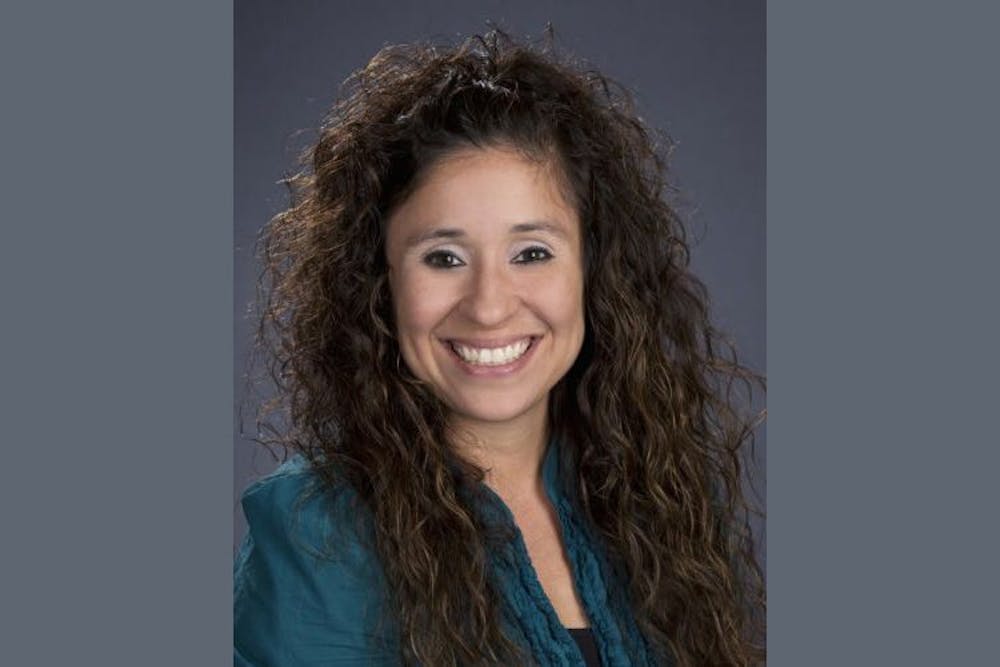In 2011, then-ASU masters in education student Tracey Flores was teaching a writing workshop to a group of English-language development elementary students and their families in Glendale when she had a powerful realization.
It was one thing to teach students how to write, she said, but it's especially powerful to enable whole families of English-learners to communicate with each other, their communities and with educators.
Flores, now an assistant professor at University of Texas at Austin, has adopted that eureka moment into her work with El Puente, a program at the University that pairs student-teachers with adults trying to improve their English communication skills.
"I am really interested in the sharing of stories and how that builds community and how it can open spaces in schools for advocacy and empowerment, not just for the families, but also for the teachers and communities," Flores said.
Once a week, the student-teachers go to a local elementary school where they meet one-on-one with their adult learners. The students make the lesson plans, but the adults choose topics that fit their individual needs, such as conversational English, grammar or idioms.
Flores said the large Hispanic population in Austin means many people face language barriers in their day-to-day lives. She said El Puente aims to bridge those gaps between the English and non-English speaking communities.
There are more than 84,000 predominantly Spanish-speaking households in Austin, according to the U.S. Census Bureau. There are around 153,000 in Phoenix.
Flores said some parents, who were enrolled in El Puente through a collaboration with The SEED program, are able to learn how to become comfortable engaging with their child’s teacher despite language barriers.
She describes the relationship between the student-teacher and the adult as a “partnership”, which she said is an important lesson for the student-teachers to take into their own future classrooms.
“It makes them think of their own future classrooms and how to make sure they are including parents and making them feel welcome and that their voice is heard,” Flores said. “They should feel like partners working together for the child.”
She said once a week, the student-teachers go to a local elementary school where they meet one-on-one with their adult learners. The students make the lesson plans, but the adults choose topics that fit their individual needs, such as conversational English, grammar or idioms.
Flores said she believes storytelling is a powerful way to create connections between people, and sharing stories is how some of the student-teachers connected with their adult learners despite being apprehensive going into the program.
Maya Ellison, a senior studying applied learning and development at UT Austin who took the Community Literacies course at UT Austin last spring, said she was nervous when she began the course because she had not worked in an educational environment with someone older than her before.
"We talked about how important our families are to us and really made a strong connection,” Ellison said.
Ellison said she is still in contact with her adult learner who recently went back to school after working with El Puente.
Theresa Nguyen, a senior studying applied learning and development who also took Community Literacies, said her adult learners hesitation over their difference in race was easily mitigated by their shared connections.
"She didn’t think we would have anything in common to share with each other,” she said. “But we shared a lot of values and talked about our families and at the end of it we were comfortable with each other.”
Flores said that building these strong relationships can be just as essential to being a great teacher as knowing the subject matter.
“What’s really important is the relationships that come out of it,” Flores said. “It can be really foundational to their understanding of a teacher’s role.”
Reach the reporter at wpmcclel@asu.edu and follow @wpmcclelland on Twitter.
Like The State Press on Facebook and follow @statepress on Twitter.




